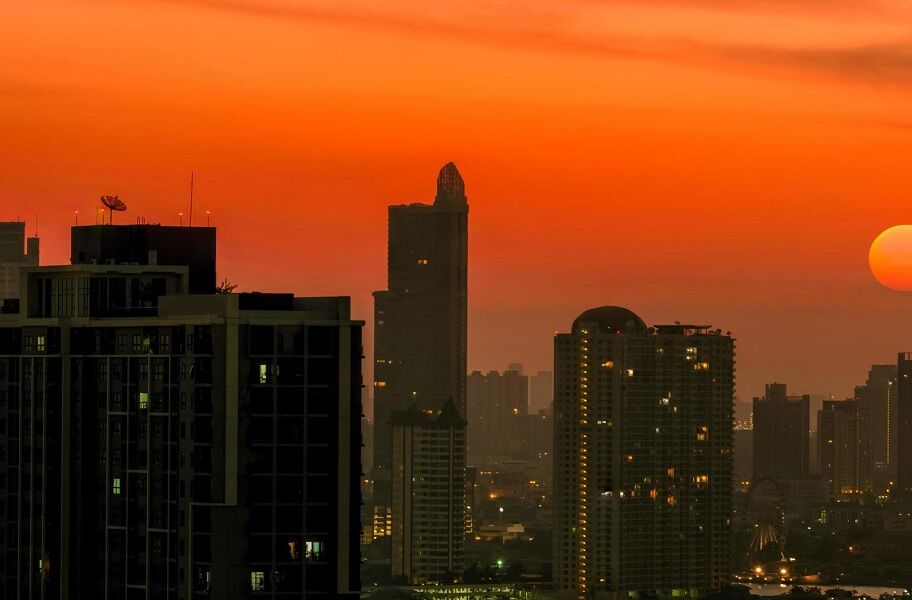PM Srettha to submit PM2.5 dust plan within court’s 90-day deadline

Prime Minister Srettha Thavisin announced yesterday his intention to submit a plan designed to address the issue of PM2.5 fine dust within a 90-day deadline set by the Chiang Mai Administrative Court. The court order followed a formal complaint lodged by a northern network of individuals, requiring the Thai prime minister and the national environmental panel to draft the plan. PM Srettha stated that officials would be brought in to discuss and draft the plan as per the court’s directive.
The 61 year old PM also reported significant progress in improving Chiang Mai’s air quality since various agencies across the nation began addressing the issue.
“We have done our best, and the PM2.5 fine dust level fell by four to five times.”
About the fine dust level, government spokesperson Chai Wacharonke stated that the level in the Chang Phueak subdistrict of Chiang Mai’s Muang district was recorded at 16.7 microgrammes per cubic metre on Sunday. This figure represents a substantial decrease from the average of 53 microgrammes per cubic metre recorded on January 21, 2020.
Chai attributed the improvement to the prime minister’s vision and determination for the populace to breathe clean air, asserting this as a fundamental right. The government has taken action on air pollution matters, said Chai.
However, according to the Geo-Informatics and Space Technology Development Agency‘s satellite-based Check Foon app, fine dust levels exceeded the safe threshold of 50 micrograms per cubic metre in at least seven provinces yesterday, January 22, with the highest levels reported in Sing Buri at 94.7 micrograms per cubic metre.
Furthermore, dust levels were found to exceed the safe threshold in 45 districts of Bangkok, with Nong Khaem recording the highest level at 77.2 micrograms per cubic metre.
Deputy Prime Minister Phatcharavat Wongsuwan instructed officials from the Pollution Control Department to collaborate with state agencies to intensify checks on black smoke emissions, particularly from road traffic, as a measure to reduce air pollution in the capital and its neighbouring provinces, reported Bangkok Post.
Latest Thailand News
Follow The Thaiger on Google News:


























